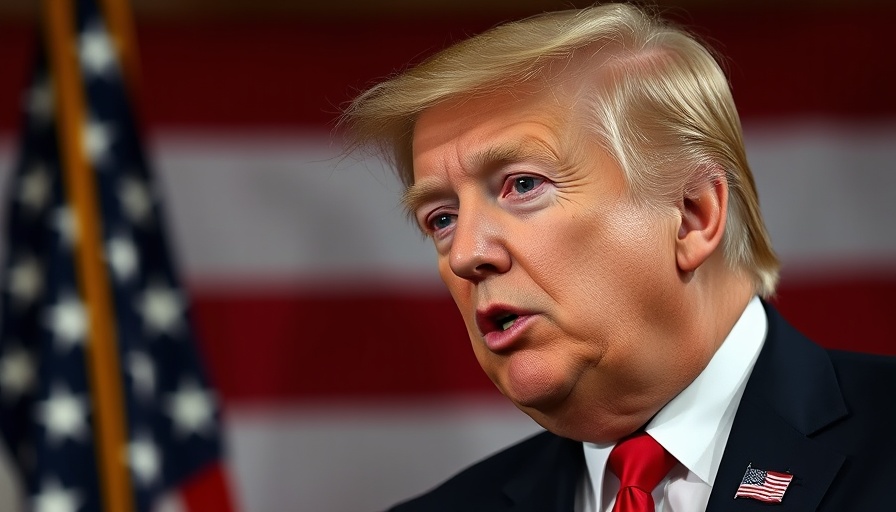
Trump's Reaction to the D.C. Plane Crash
In the wake of a tragic midair collision between an American Airlines regional jet and an Army Black Hawk helicopter over Washington, D.C., President Donald Trump took to the podium to voice his criticisms. During a press conference, he quickly shifted from expressing his condolences to attributing blame to former President Joe Biden and the Democratic party’s diversity, equity, and inclusion (DEI) initiatives. The crash, which resulted in no survivors, marks the deadliest aviation incident in the U.S. in over two decades.
Claims Without Evidence
Despite the gravity of the situation, Trump made sweeping statements suggesting that DEI policies might be linked to the crash. However, he failed to present any concrete evidence to support this claim. Such a tactic sparked debate, as some questioned whether he was preemptively assigning blame instead of waiting for a thorough investigation. The intertwining of politics and national tragedies raises challenging questions about leadership in moments of crisis.
An Appointing in the Wake of Tragedy
During the same address, the President announced the appointment of Christopher Rocheleau as the acting commissioner of the Federal Aviation Administration (FAA). This appointment comes at a time when the FAA has no permanent head, following the resignation of the previous administrator just days before. The lack of leadership in critical times like these often brings up discussions about accountability and preparedness in federal agencies.
The Human Impact of Political Appraisal
The response to such disastrous events can often become politicized, with leaders seizing opportunities to further their agendas. The victims and their families bear the brunt of this shift, as their tragedy becomes a backdrop for political discourse. For taxpayers and voters, understanding the implications of leadership responses in times of crisis is crucial in shaping future expectations and demands from those in power.
Conclusion
As the nation reflects on the tragic consequences of the D.C. plane crash, it becomes clear that political rhetoric and accountability are critical areas of concern. Observing how leaders respond in the wake of tragedy can significantly impact public trust and perceptions of governance. Moving forward, the emphasis should lie on seeking truth, supporting investigations, and prioritizing the welfare of those affected.
 Add Row
Add Row  Add
Add 




 Add Row
Add Row  Add
Add 

Write A Comment